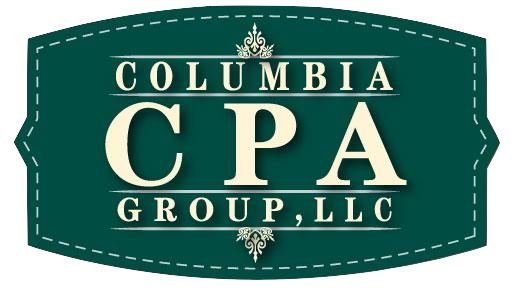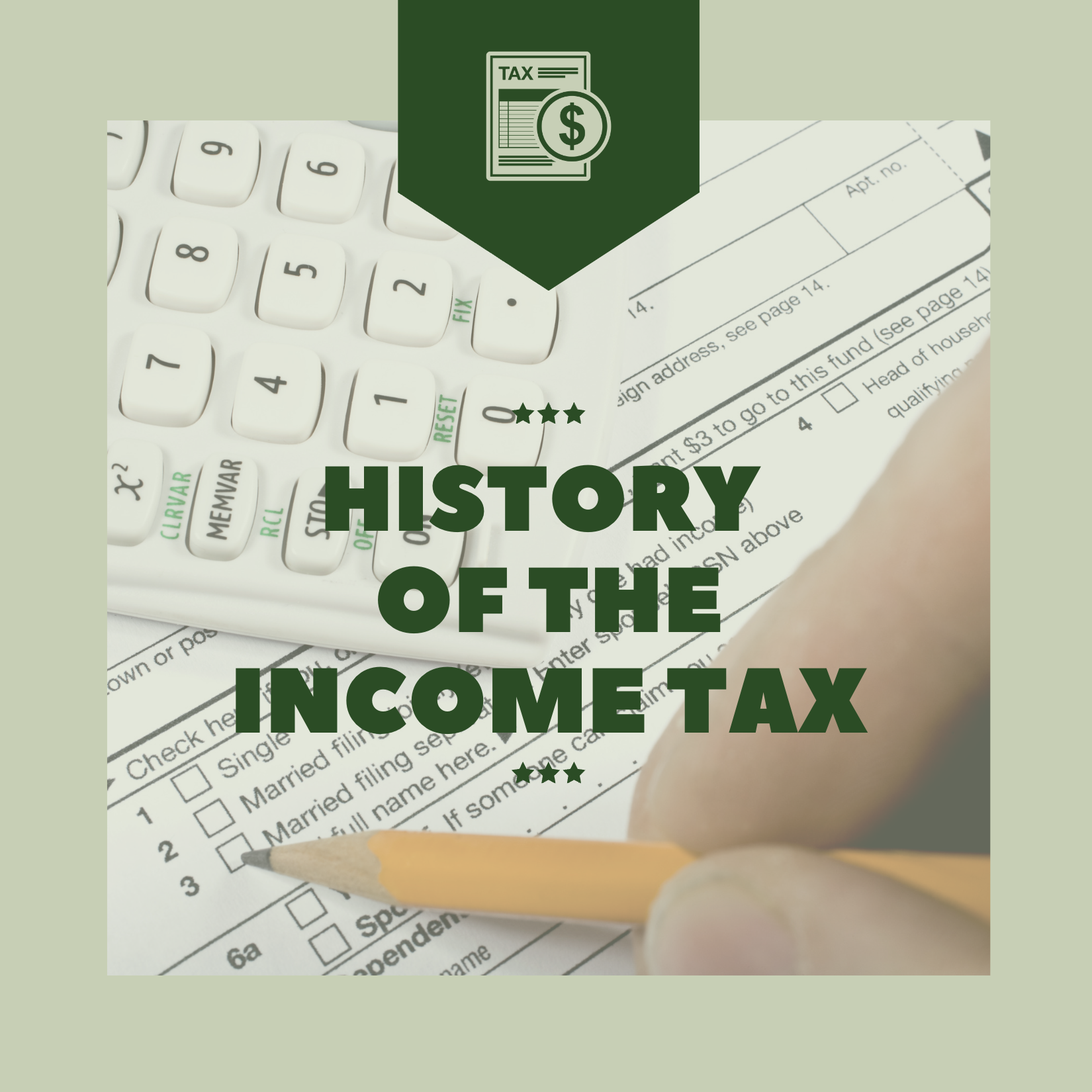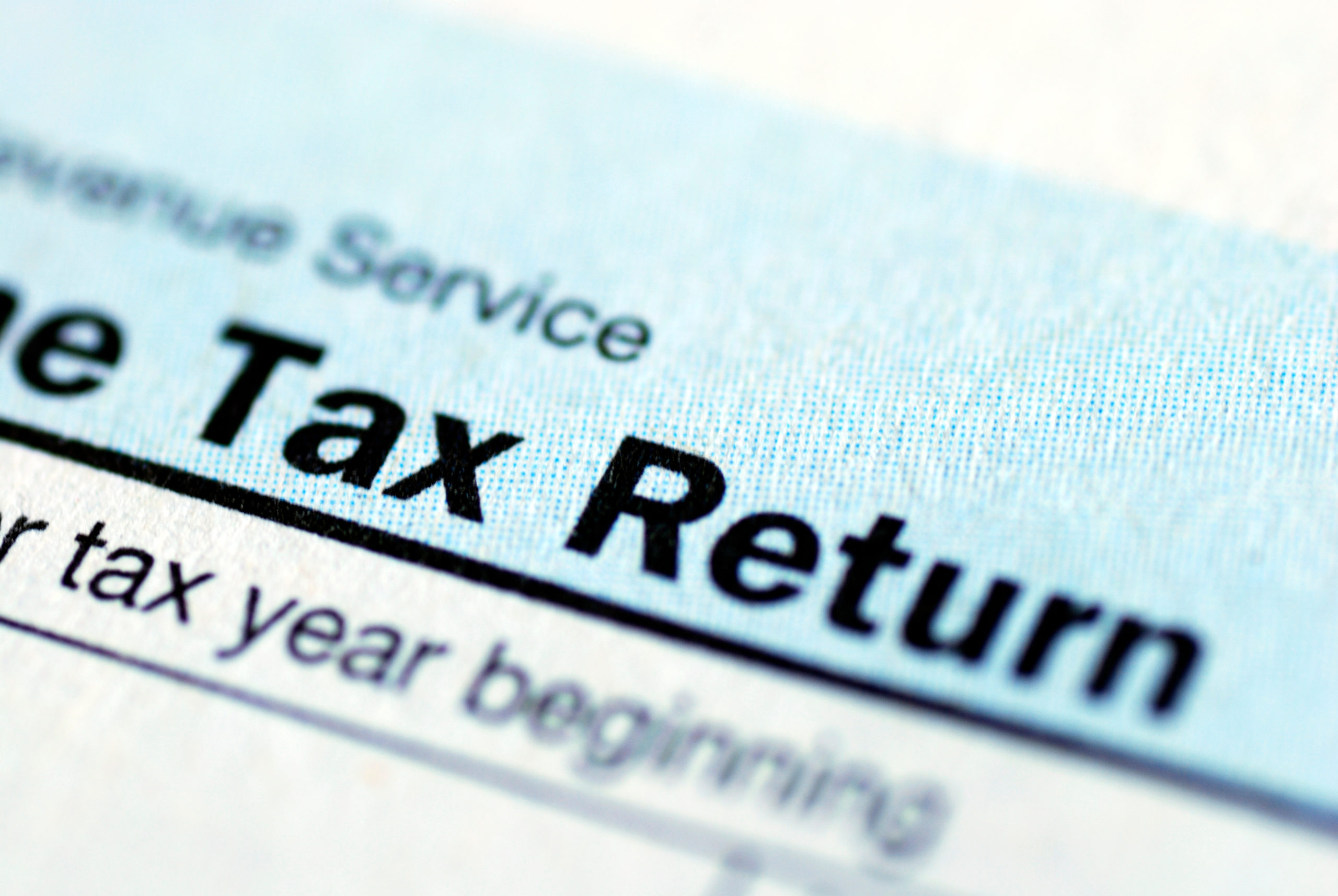
Posted Nov 21, 2018 at 1:19 PM Updated Nov 21, 2018 at 1:26 PM on Columbia Daily Tribune
The third and final chapter covering the Home Office Deduction will handle allowable deductions, computation of the Home Office Deduction, 100% Deductions, converting assets from personal to business use and one drawback.
Allowable Deductions
The following are expenses involved with living in a home. The prorated business portion can be claimed via the Home Office Deduction: Utilities; insurance (homeowners or renters); repairs and maintenance (including: snow removal, tree removal, carpet cleaning, HVAC maintenance, pest control, plumbing, etc. However, lawn care is specifically excluded.); HOA dues and condo fees; Mortgage interest; Real estate taxes; and rent (if not a homeowner).
Computation of the Home Office Deduction
The actual computation of the Home Office Deduction will be performed automatically by any tax software. The main form used to compute this deduction is Form 8829 (Expenses for Business Use of Your Home). Form 8829 is specifically designed to transfer this deduction to Schedule C, but my tax software will also produce a worksheet computing the Home Office Deduction related to the following forms: Schedules E & F, and Forms 4835 & K-1 (P).
On line 1, enter the square feet used for business. On line 2, enter the total square feet of each main room. (Please refer to my last article, which allows you to exclude bathrooms, hallways, stairways and walls from the total area of the home.) Line 8 (Schedule C, line 29) should be filled in automatically by your software. For lines 9 through 21, just enter the appropriate annual expense. Your software will do the rest.
Finally, if you are a homeowner enter: the cost of your home (plus improvements) on line 36, a value for land on line 37, and there will also be a field to enter the date placed in service. Your tax software will produce Form 8829 or a worksheet that looks like that form. Warning, make sure you enter your total expenses to be prorated in column (b) Indirect Expenses. Items entered in column (a) will not be prorated. In most cases this would accidentally overstate our deduction!
100% Deductions
Items purchased and used only in the home office do not have to be prorated. These items are often overlooked by business owners. These items may include: Paint for the new office; a rug or carpet for the office; furniture purchased for the office, such as a desk, chair or bookcase; decorations, wall hangings, draperies, etc.; framed artwork or diplomas; technology purchased for the business used in the office, such as computers, printers or routers; and office supplies, such as printer paper or ink cartridges.
Converting from Personal Use to Business Use
Many business owners do not realize that tools they owned prior to starting their business can be converted to business use at fair market value. In most initial consultations with business owners, I help them discover thousands of dollars of deductions from assets (tools, desks, computers, etc.) they already owned.
Historically, technology loses value very quickly, but items like a desk or filing cabinet still has value after many years. Remember to use the fair market value for every asset converted from personal to business use. For most items, cost is irrelevant. If you could sell that item locally on Craig’s List or online at EBay, what would it bring? That is fair market value. Don’t get tangled in knots over this. Just don’t get greedy. A computer you purchased five years ago, may have cost $1,500, but today it has little value.
One Drawback
Finally, one limitation or fact against the Home Office Deduction is the fact that when you sell your home, the business depreciation you claimed in prior years must be “recaptured” and claimed as income, in the year you sell your home.
Conclusion
We trust you now know more about the Home Office Deduction. It can be used by business owners, partners, farmers and landlords. It provides a tax benefit for expenditures most people make.
Aric Schreiner, CPA, PFS, is managing member of Columbia CPA Group, LLC.




